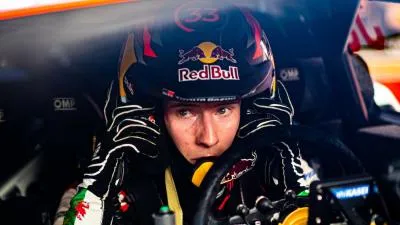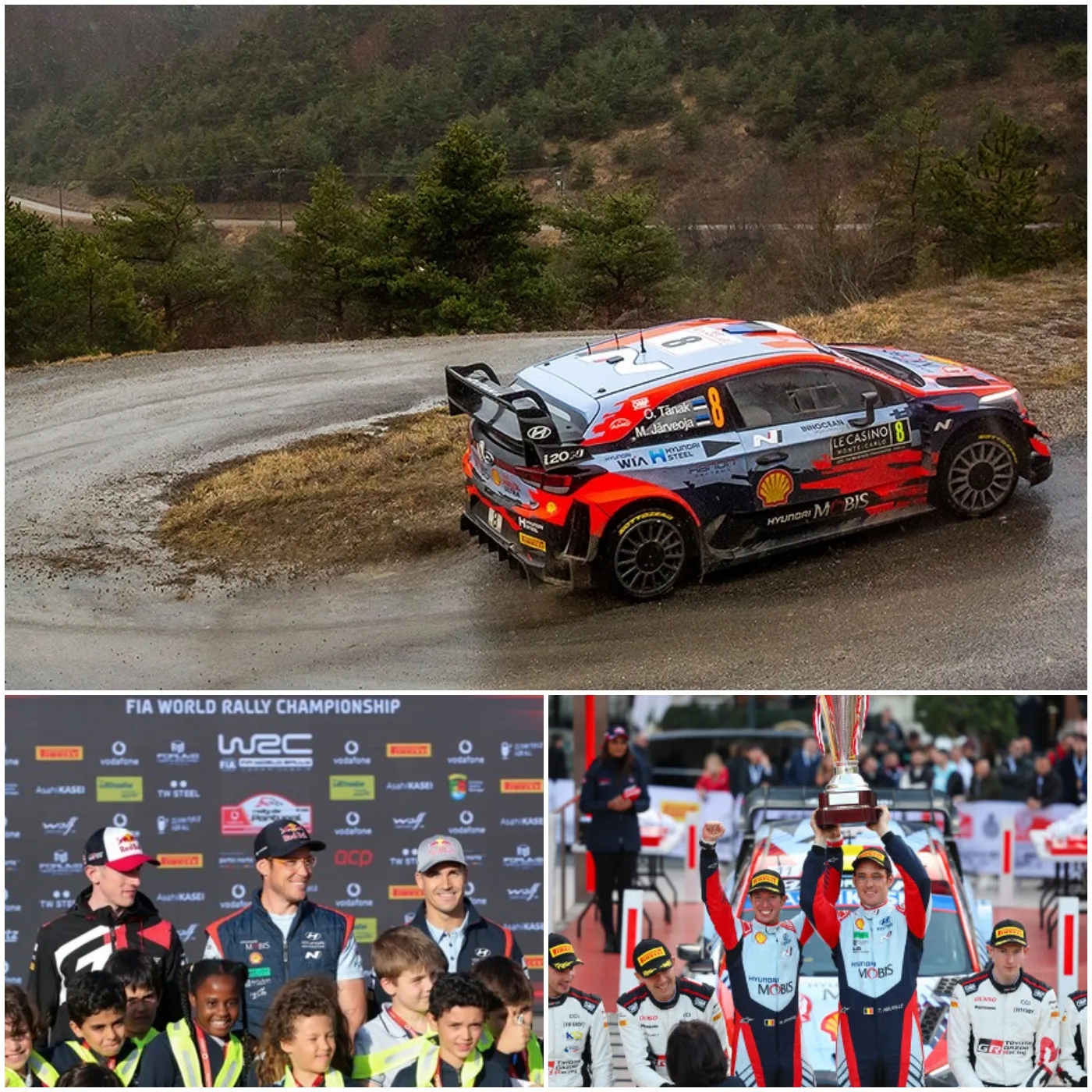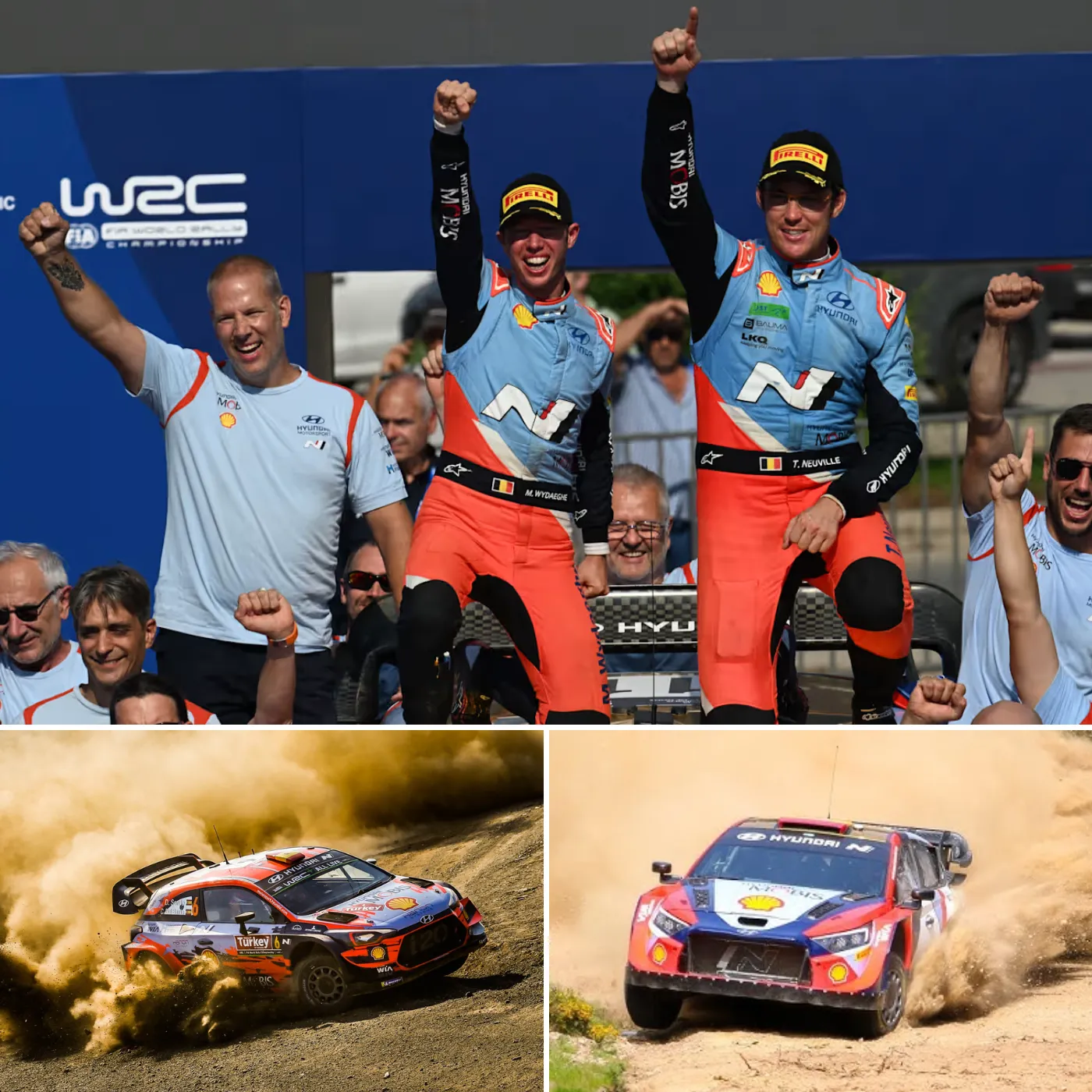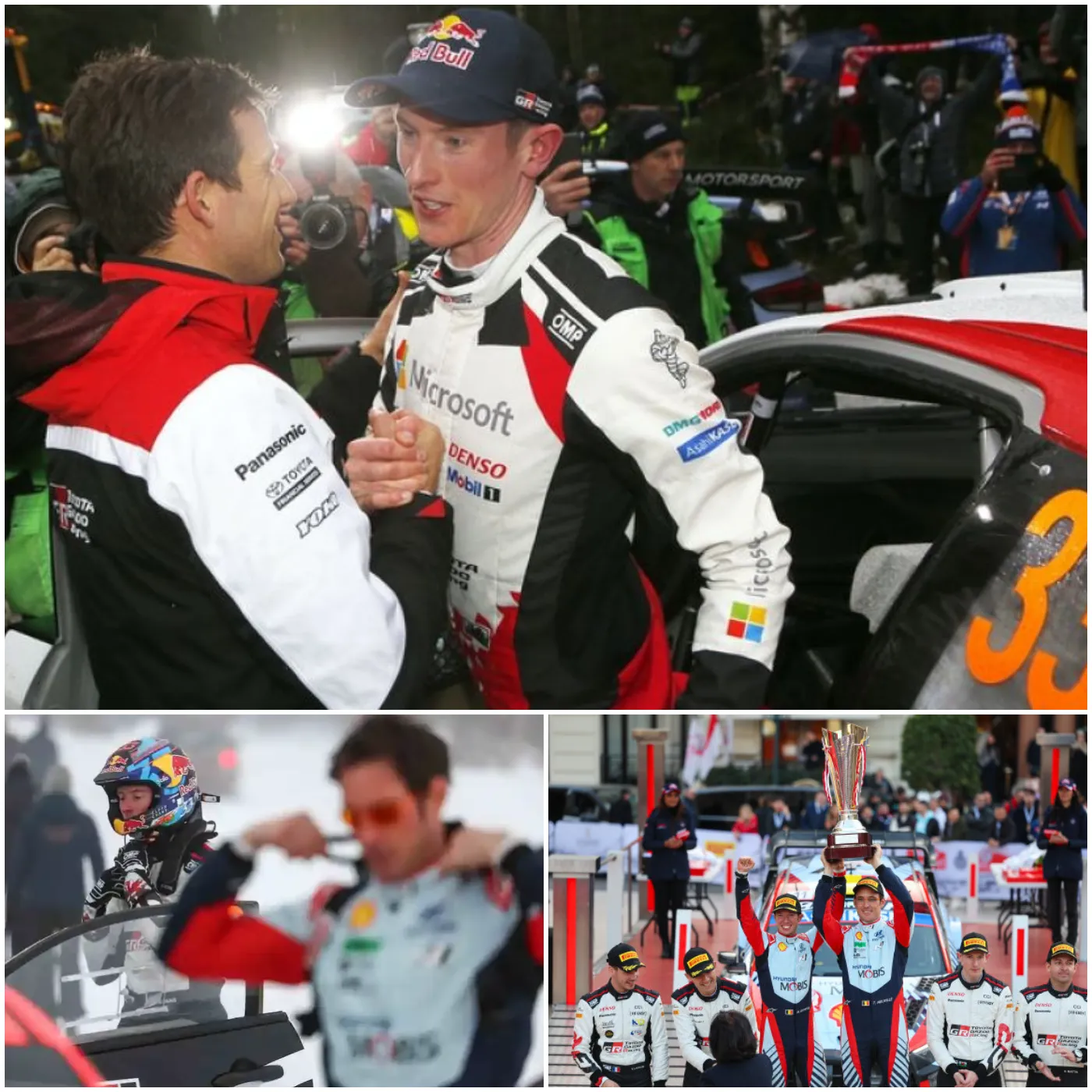In the high-stakes world of motorsport, rivalries often fuel the passion and drama of competition. One of the more intriguing dynamics in recent years has been the relationship between Thierry Neuville and Elfyn Evans, two top drivers in the World Rally Championship (WRC). According to some observers, Neuville’s interest in Evans may be motivated more by pride than a genuine rivalry on the rally stages. But what drives this apparent tension, and why is it seen as a clash of egos rather than purely athletic competition?
A Complex Dynamic: Neuville vs. Evans
Both Thierry Neuville and Elfyn Evans have earned their places among the elite drivers of the WRC. Neuville, the Belgian driver for Hyundai, has been a consistent contender for the championship, while Evans, a British competitor for Toyota, has also shown his mettle on the world stage. Their performances have earned them both victories and podiums, yet the nature of their competition extends beyond the stopwatch.
Neuville, known for his fiery temperament and emotional approach to racing, has often found himself caught in battles not just with his rivals but with his own internal struggles. On the other hand, Evans has maintained a more composed and methodical driving style, often appearing more calculated in his approach. Their contrasting personalities and approaches to rallying have raised eyebrows, and their perceived rivalry has captured the attention of fans and pundits alike.
Pride: The Real Driving Force?

While their on-stage battles are often discussed as fierce competition, some commentators argue that Neuville’s fixation on Evans may be driven by pride more than a true rivalry. As a driver who has been so close to winning a world championship, Neuville has often been haunted by the feeling of coming just short. His battles with Evans could be seen as an extension of his frustration and desire to prove his superiority.
On the other hand, Evans’ calm demeanor and ability to maintain focus despite the pressure could be perceived as a subtle challenge to Neuville’s more emotionally charged persona. This difference in temperament could play into a rivalry based more on personal pride than on true athletic competition.
The Impact of Mentality in Motorsport
In motorsport, mentality is as important as speed and technique. The psychological battle between drivers can often be just as intense as the race itself. For Neuville, who has repeatedly faced the disappointment of coming close but not quite securing the WRC title, Evans represents a constant reminder of what he has yet to achieve. This frustration might ignite feelings of competition that go beyond the track, manifesting in an ongoing psychological struggle.
For Evans, maintaining a steady and composed approach may be a strategy to avoid getting caught up in the emotions of the sport. However, it may also be a method of getting under the skin of his competitors, subtly undermining their confidence. The mental aspect of this rivalry could be a key factor in understanding why Neuville’s interest in Evans is often interpreted as pride-driven rather than rivalry-driven.

Conclusion: A Clash of Egos or a Pure Rivalry?
So, is the Neuville-Evans dynamic driven by pride or genuine rivalry? Perhaps it is a bit of both. Motorsport is filled with individuals who are not only fighting for victories but also battling their own egos and aspirations. Neuville’s passion and desire for redemption fuel his ongoing focus on Evans, while Evans’ steady approach may unconsciously challenge the more emotional side of his competitor.
Whatever the underlying causes, it’s clear that this relationship is one to watch in the coming seasons. As the WRC evolves and new challengers emerge, the Neuville-Evans battle may continue to be more about personal pride than simple sporting rivalry.



